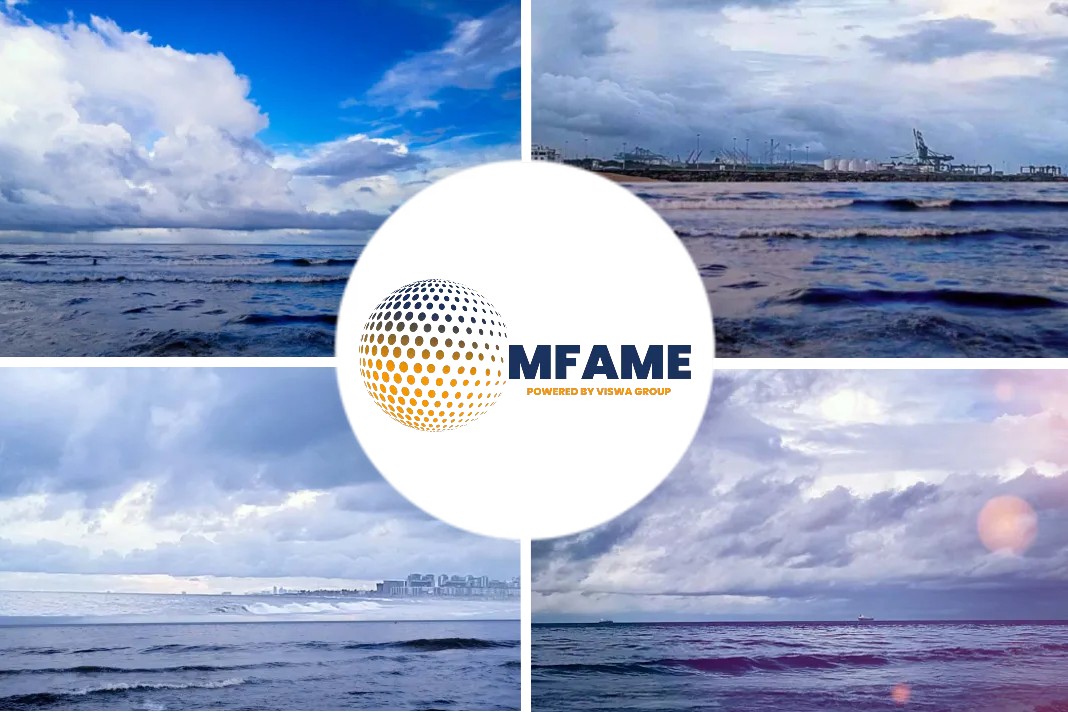Kyiv wants the West to hit at the heart of the Russian economy, especially its energy exports, as the best weapon Ukraine and its allies may have. But with the EU preparing its 7th package of sanctions, it must strike a delicate balance as the global economy is on the brink of a major crisis. reports World Crunch.
Sanctions do not have a one-time effect
The European Union has begun work on its seventh package of sanctions against Russia. Even though the EU is delaying the implementation of more effective oil and gas sanctions, Russia is expected to face a tangible economic downturn in the summer. Therefore, a full-scale financial crisis is likely to take place in autumn.
According to the most modest estimates, Russia will lose up to 10% of GDP. Personal incomes will decrease by 20-25%. Inflation will be above 10%. The numbers may seem relatively low, but the Russians did not experience this even in the worst years of their recent history, 1993 and 1998.
“Sanctions do not have a one-time effect. This is such a multi-level process,” says Ukrainian economist Oleksiy Kushch. “I think there will eventually be more than ten different sanctions packages. Currently we are only in the first third of what’s to come.”
Kushch explains that If the EU suddenly and simultaneously abandons Russian gas, Europe will plunge into a deep economic crisis — and that means there would be less capacity to help Ukraine. “The standard of living in Europe can influence political preferences,” he notes. “Politicians advocating normalization of relations with Russia may gain more popularity. We don’t need this.”
Amping up pressure on Russia
The disconnection of Sberbank, the country’s biggest, from the SWIFT international bank transfer system is a significant blow to Russia, the economist explains.
“Together with those banks that are already under sanctions and will still be, this represents about half of the population’s foreign currency deposits. Technical access to this money may deteriorate significantly. Ordinary Russians will also feel this,” he says.
The seventh package of sanctions should include not only a total ban to Russian oil and gas, but also measures to block the Russian fleet and to ban ships flying EU flags from entering Russian ports. Further pressure should be put on the financial sector, banning more Russian and Belarusian banks from SWIFT, but also applying sanctions on cryptocurrency. This was announced at a briefing by the representative of Ukraine to the European Union Vsevolod Chentsov.
“What we want to see in the seventh package of sanctions is a total embargo on Russian energy resources, including oil and gas pipelines,” Chentsov said. “Certainly, dependence on gas is now very significant in several EU member states. But we can start with liquefied gas. This means limiting its supply from Russia. Of course, we need to find alternative sources of liquefied gas supply to the EU. This is already being actively worked on.”
He added that negative or zero growth in the coming years should be expected. “This is the price that the Russian people have to pay,” Chentsov said. “We are talking about the Russian people in general.”
Ukraine’s sanctions goal
In general, the strategic goal of Ukraine vis-a-vis the sanctions is to completely cut off Russia from the European energy market.
Ukraine believes that delayed introduction of the sixth package has reduced the effectiveness of previous measures, including restrictions on the financial system. Russia kept looking for workarounds and adapting to the sanctions.
In the time since the EU’s Versailles summit in March, which decided to reduce dependence on imported energy, the Kremlin has gained additional room to adapt and generated tens of billions in oil and gas revenues.
“Further delay in the implementation of the full embargo on Russian energy will reduce the effectiveness of the sanctions,” declared a group of independent Ukrainian and international experts in their report analyzing the impact of sanctions imposed on Russia. The group is co-coordinated by the head of the Office of the President of Ukraine Andriy Yermak and former U.S. National Security Adviser, Ambassador Michael McFaul.
But EU countries are holding off on the full energy embargo explaining this by the crisis it would bring to their respective economies.
Now this working group from the president’s office is actively trying to push for the implementation of a special tariff on Russian energy exports to Europe. If Europe cannot yet completely abandon Russian energy resources, we could envision imposing additional levies on them. The proceeds will be transferred to Ukraine in the form of reparations. Such ideas are worth exploring: if the will is there, solutions can be found.
Did you subscribe to our daily Newsletter?
It’s Free! Click here to Subscribe
Source: World Crunch















